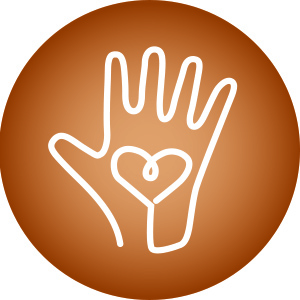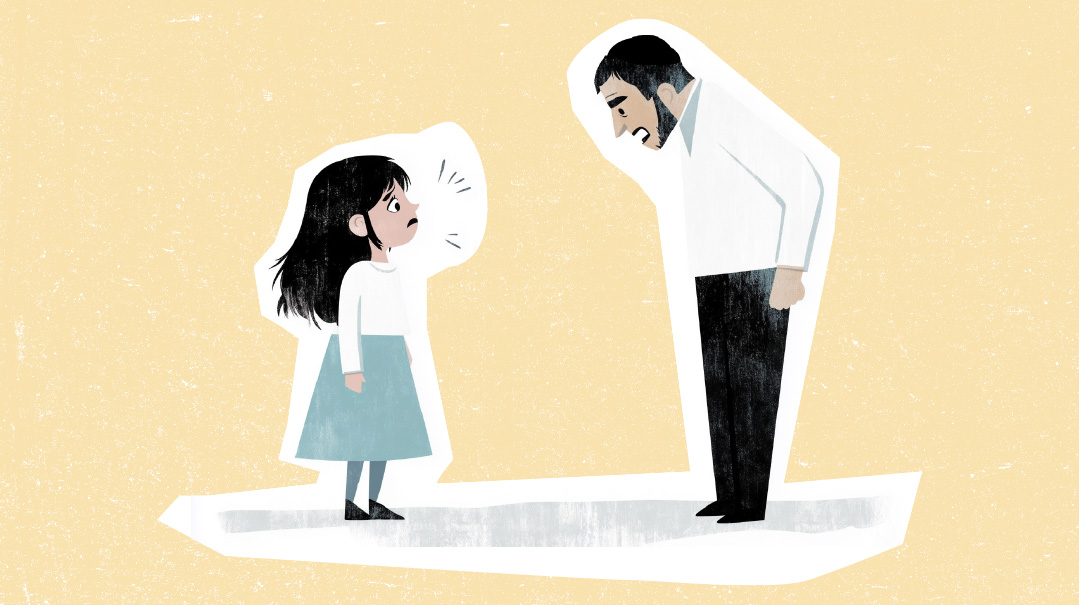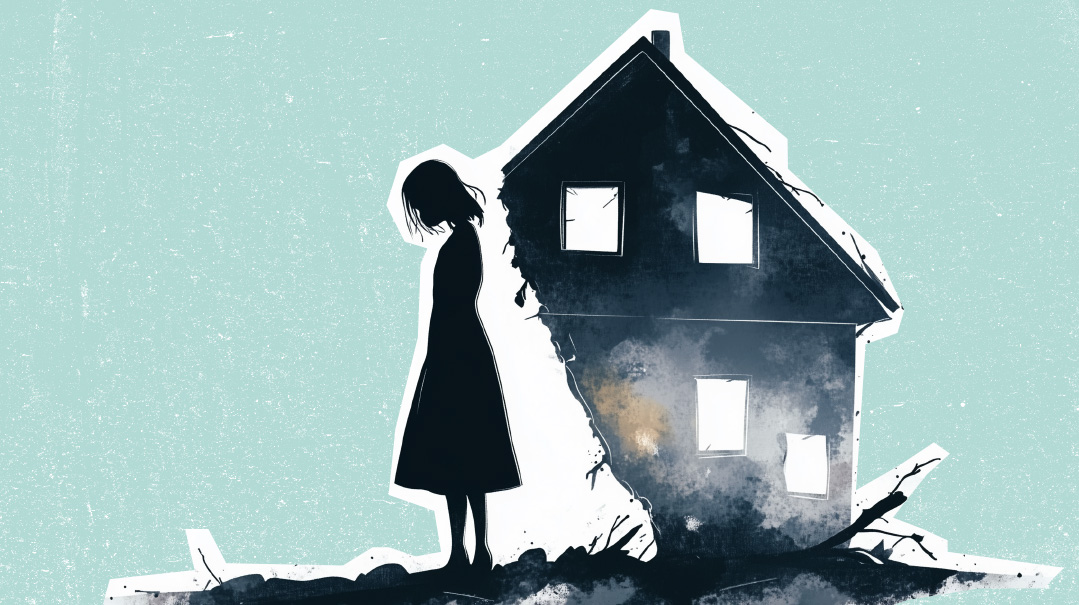Is Narcissim a Mental Illness?

Is my narcissistic relative really sick — or behaving badly?
Q

If it is, then the narcissist is sick — someone to pity rather than to blame. Or is narcissism just a learned behavior, something the person chooses to adopt? And if that’s the case, why do some people become narcissists while others don’t? As a person dealing with a narcissistic relative, I could use some clarity!
A
All people have “issues.” We’re an anxious bunch, prone to depressed and irritable moods. We can be selfish, self-centered, lazy, irresponsible, insensitive, and arrogant. And while we can also be lovely, emotionally stable, and productive, none of us is free from personality flaws.
Just as a person can have anxiety without having an anxiety disorder, or be depressed without having a depressive disorder, he or she can have narcissistic traits without having a narcissistic personality disorder (NPD).
Your relative may be self-centered and have an inflated sense of himself without having NPD. Emotional and personal traits only become a “disorder” when they cause intense personal suffering and/or lead to significant dysfunction in relationships and/or work. A trail of broken marriages and lost jobs, for example, can point to a disorder rather than a character trait.
Mental health disorders are thought to have both genetic and environmental underpinnings. But the truth is, we still know very little about the etiology — or even the true nature — of mental health disorders. The DSM (diagnostic manual used by doctors, psychiatrists, and psychologists) is a collection of behavioral descriptions of syndromes; it doesn’t describe chemical imbalances, adverse childhood experiences, or educational and parenting deficits that produce a particular outcome. We don’t know why someone develops narcissistic traits, let alone narcissistic personality disorder.
The cause is currently thought to be both inborn and environmentally provoked. But the field of psychology is always evolving and current assumptions may change over time. Borderline personality disorder, for example, was originally thought of as a primarily inborn condition, but today is considered an outcome of childhood trauma.
Of course, your main concern as a relative of a person with narcissistic traits is how to deal with the challenging human being in your midst. Is he choosing to be obnoxious (self-centered, manipulative, entitled, demanding, arrogant, irresponsible, competitive, moody, over-reactive etc.), or was he born that way? Could he do better if he just wanted to so, or is he mentally ill and unable to improve?
If this person has full-blown NPD, then you need to understand that all personality disorders are currently considered to be chronic mental health conditions characterized by dysfunctional thinking, behaving, and relating to others — a form of illness. Personality disorders are more resistant to our current treatment methods than conditions such as anxiety, bipolar depression, major depressive episodes, and even some psychotic conditions.
Moreover, most people with NPD don’t consider themselves to be in need of treatment and therefore rarely seek it (it’s their relatives who think they need to see a shrink!). However, they may end up in therapy due to some of the common “cousin conditions” they tend to experience such as addiction, depression, and relationship problems.
Therapy can help them learn to accept themselves more realistically and cope better with failure and human mediocrity. As they become more accepting of themselves and their vulnerabilities, they sometimes become more compassionate toward others as well.
Nonetheless, your concern is not your relative’s healing journey; it’s more about what you need to do to survive encounters with this person. Even if he has only a few narcissistic traits rather than the full personality disorder, assume that these are inborn and not some sort of free choice. Then protect yourself from them in the following ways:
Employ self-reference rather than trusting the narcissistic person’s perception of you. Ask yourself, “Do I believe what he’s saying about me? What do I think of me?”
Don’t engage, don’t accept the bait, nor otherwise speak much when the person is particularly intense, passionate, or angry.
Accept the person’s view of himself, other people, and the world, since this is likely to stay exactly as it is. Don’t try to change any of this as your effort will be futile. Professional therapy is required, and even then, modest change should be expected.
Understand that this person can’t relate to you properly. Adjust your expectations and personal disclosures accordingly.
If this person lives in your home, make sure you concentrate on your own activities and pursue a joyful, productive, and well-supported life.
Have a question for Mrs. Radcliffe? Send your queries about parenting or personal growth to familyfirst@mishpacha.com
(Originally featured in Family First, Issue 785)
Oops! We could not locate your form.




